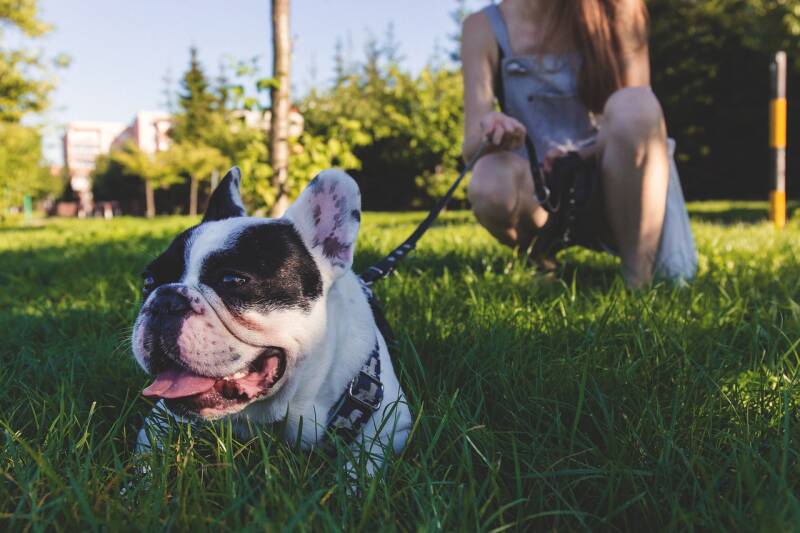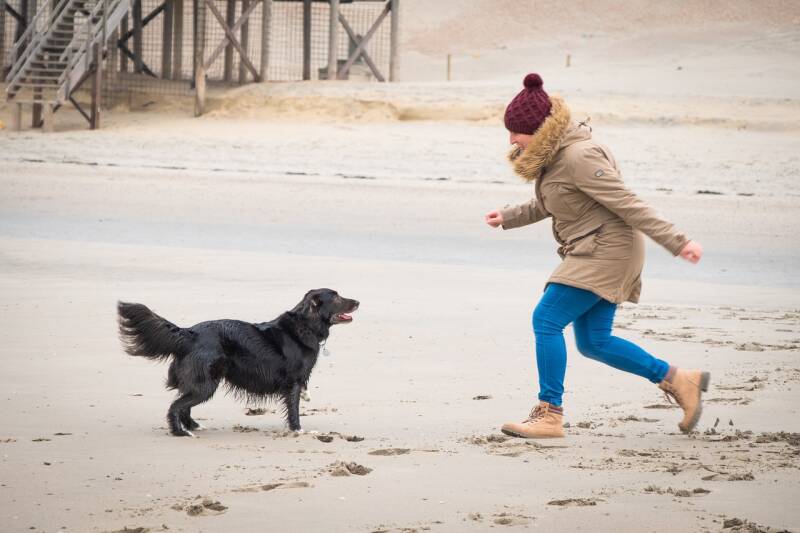
When we think about our dogs, it's easy to see them as loyal, lovable creatures who are just happy to be by our side.
However, what many dog owners may not fully grasp is that dogs, like humans, possess distinct personalities. Recognizing and understanding your dog's unique personality is not only fascinating but also a key factor in setting them up for success when it comes to training and behavior.
Let's explore the concept of canine personalities, their significance, and how to tailor your training approach accordingly.
Just as humans exhibit a wide range of personalities, dogs fall along a spectrum of traits and tendencies.
Some dogs may be naturally outgoing and confident, while others are more reserved and cautious. There are also adventurous, playful dogs, and those who are content with a cozy spot on the couch. These personality traits are often influenced by genetics, early life experiences, and socialization.
Understanding your dog's personality is vital for several reasons:
Effective Training
Acknowledging your dog's unique traits allows you to tailor your training methods to their specific needs and preferences. For example, a confident, outgoing dog may respond well to socialization, while a timid dog may require gentle exposure to build confidence.
Building Trust
Recognizing your dog's personality helps you build trust and a strong bond. Dogs are more likely to respond positively to training from someone who respects their individuality.
Managing Behavior
Personality plays a significant role in behavior. Knowing your dog's tendencies can help you anticipate and manage potential issues. For instance, a dog with a high prey drive might need extra supervision around small animals.
Enhancing Communication
Just like people, dogs have their own ways of communicating. Understanding your dog's personality can help you decipher their body language and vocalizations, improving overall communication.

Here's how you can adapt your training approach based on your dog's personality
Positive Reinforcement
Most dogs respond well to positive reinforcement, but the types of rewards that motivate them can vary. Some dogs are fod-driven, while others prefer praise, toys, or affection. Chose the type of reward fitting for your dog, while you can find a lot of inspiration online and when talking to friends, family and other dog owners only you have the knowledge to chose the right type for your dog.
Socialization
Socialization is crucial, but the pace should match your dog's comfort level. Respect their boundaries and gradually expose them to new experiences.
Consistency
Dogs, regardless of their personalities, benefit from consistent training.
However, be patient and adapt your approach to suit your dog's temperament. Guideyour dog towards your expectations and it is always better to take a step back if you feel your dog is reaching its threshold.
Professional Guidance
If you're unsure about how to best train your dog based on their personality, consider seeking guidance from a professional dog trainer who can provide personalized advice.

Remember, just like humans, dogs come in all shapes, sizes, and personalities.
Acknowledging and respecting your dog's unique traits is essential for effective training, building trust, and fostering a strong bond. By tailoring your training methods to suit your dog's personality, you set them up for success, ensuring a happy life together.
Embrace the individuality of your canine companion, and you'll both reap the rewards of a loving and mutually rewarding relationship.

